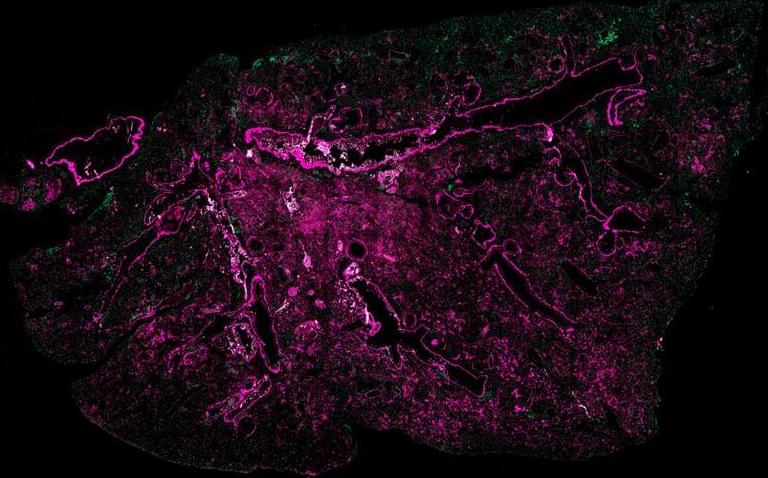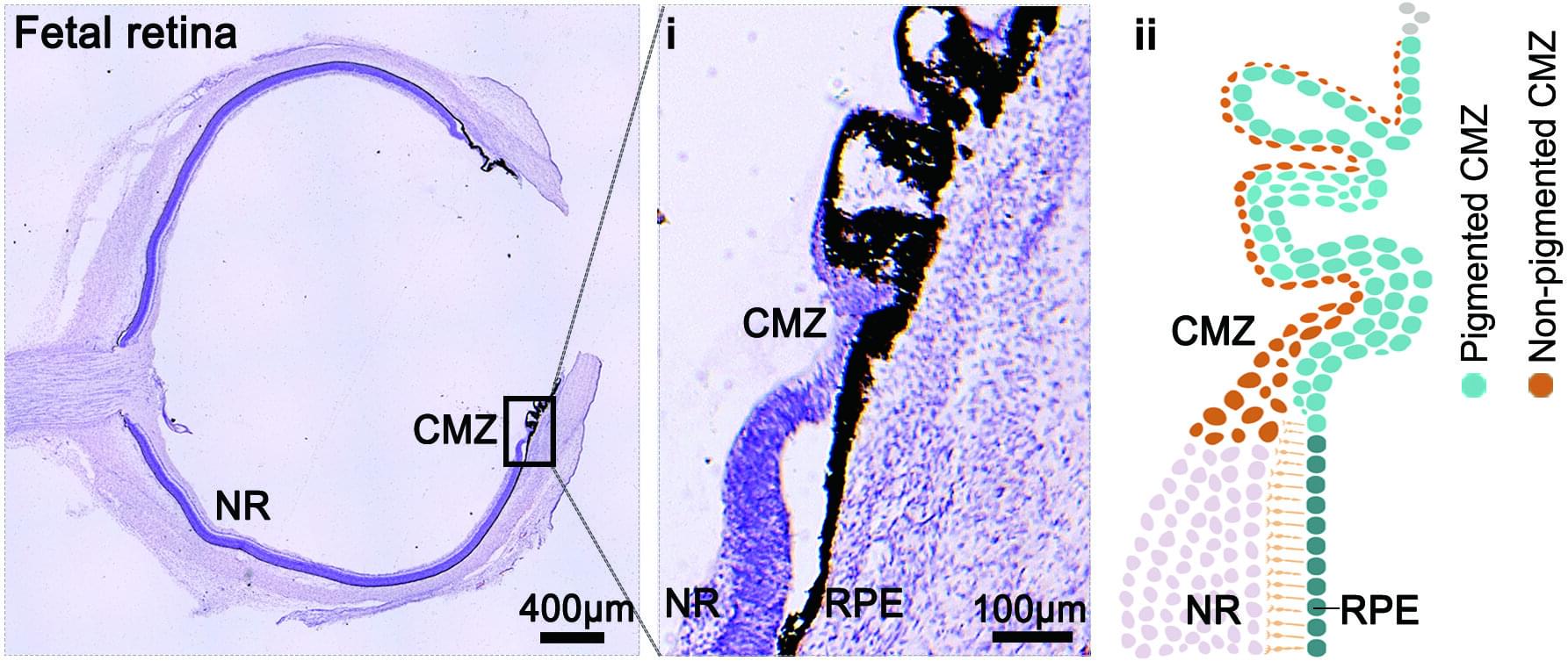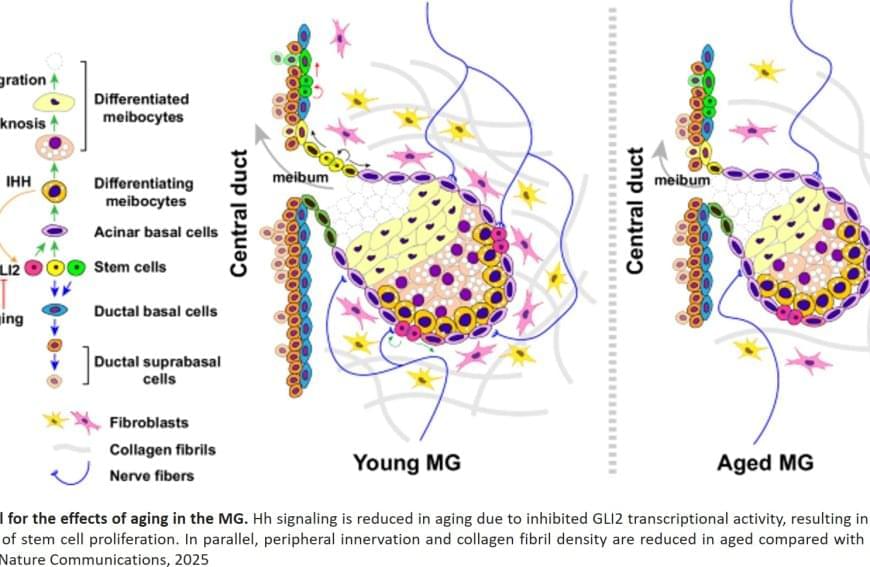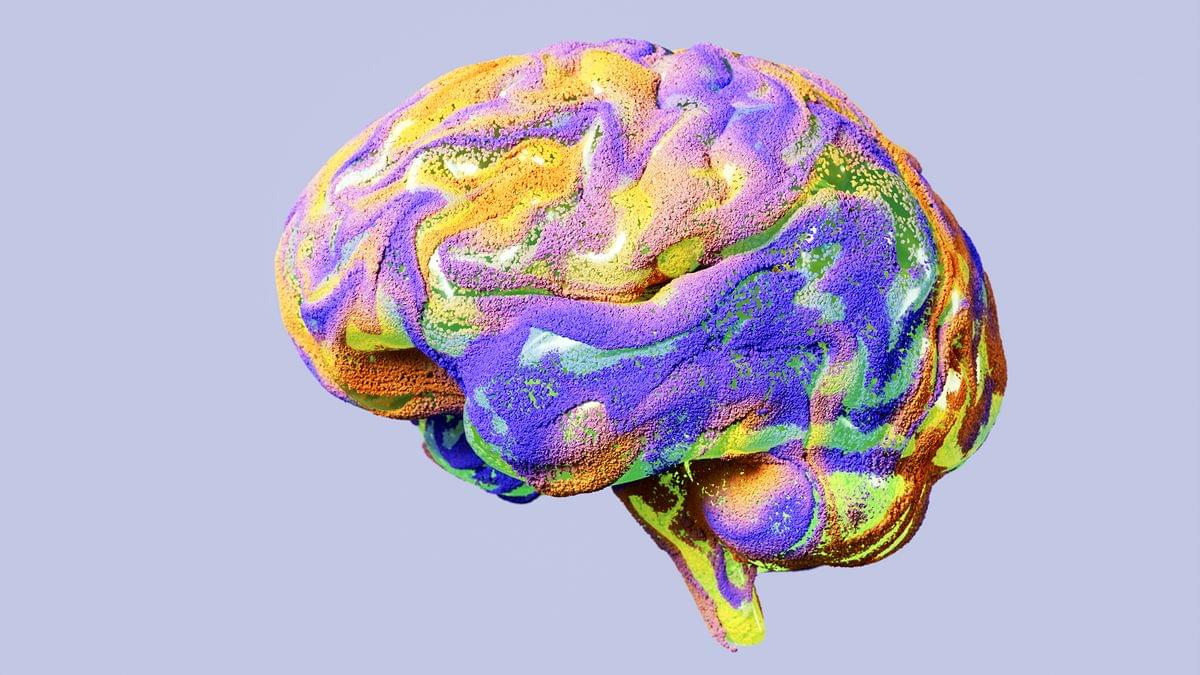Although lifespan has long been the focus of ageing research, the need to enhance healthspan — the fraction of life spent in good health — is a more pressing societal need. Caloric restriction improves healthspan across eukaryotes but is unrealistic as a societal intervention. Here, we describe the rewiring of a highly conserved nutrient sensing system to prevent senescence onset and declining fitness in budding yeast even when aged on an unrestricted high glucose diet. We show that AMPK activation can prevent the onset of senescence by activating two pathways that remove excess acetyl coenzyme A from the cytoplasm into the mitochondria — the glyoxylate cycle and the carnitine shuttle. However, AMPK represses fatty acid synthesis from acetyl coenzyme A, which is critical for normal cellular function and growth. AMPK activation therefore has positive and negative effects during ageing. Combining AMPK activation with a point mutation in fatty acid synthesis enzyme Acc1 that prevents inhibition by AMPK (the A2A mutant) allows cells to maintain fitness late in life without reducing the mortality associated with advanced age. Our research shows that ageing in yeast is not intrinsically associated with loss of fitness, and that metabolic re-engineering allows high fitness to be preserved to the end of life.
The authors have declared no competing interest.





